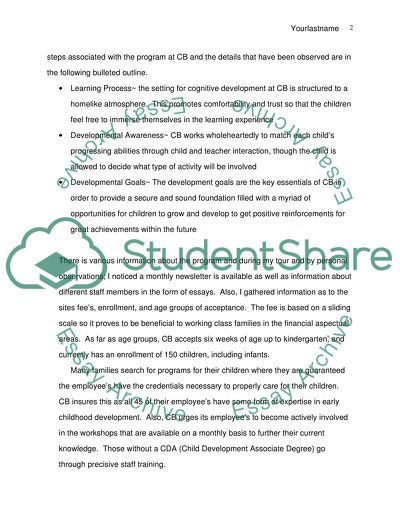Cite this document
(“Personal Reflection on Early Childhood Development Essay”, n.d.)
Retrieved de https://studentshare.org/education/1532858-personal-reflection-on-early-childhood-development
Retrieved de https://studentshare.org/education/1532858-personal-reflection-on-early-childhood-development
(Personal Reflection on Early Childhood Development Essay)
https://studentshare.org/education/1532858-personal-reflection-on-early-childhood-development.
https://studentshare.org/education/1532858-personal-reflection-on-early-childhood-development.
“Personal Reflection on Early Childhood Development Essay”, n.d. https://studentshare.org/education/1532858-personal-reflection-on-early-childhood-development.


